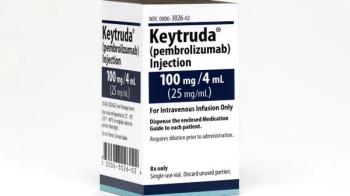
Merck had previously received accelerated approval for pembrolizumab for patients with advanced hepatocellular carcinoma (HCC); an FDA panel left the approval in place while waiting on results from KEYNOTE-394.

Metastatic renal cell carcinoma (mRCC) has seen increased treatment options in recent years, including immunotherapy (IO) combinations paired with tyrosine kinase inhibitors (TKI). A meta-analysis of phase 3 trials aimed to compare and rank available first-line treatments.

Study Assesses Real-world Outcomes of Immunotherapy in Patients With HCC, Comorbidities

Merck had previously received accelerated approval for pembrolizumab for patients with advanced hepatocellular carcinoma (HCC); an FDA panel left the approval in place while waiting on results from KEYNOTE-394.

Natural killer cell therapy CYNK-101 was granted fast track designation by the FDA to treat HER2-positive gastric or gastroesophageal junction (GEJ) adenocarcinoma in combination with standard chemotherapy, trastuzumab, and pembrolizumab.
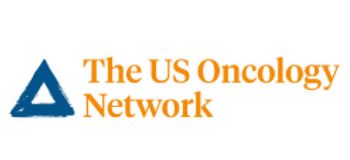
Studies have shown that administering trilaciclib prior to chemotherapy can reduce myelosuppression and improve health-related quality of life. Jerome Goldschmidt, MD, said future studies will look at how it interacts with immunotherapy.

Steven Pergam, MD, MPH, director of infection prevention at Seattle Cancer Care Alliance and infectious disease physician at Fred Hutchinson Cancer Research Center, describes the shifts in COVID-19 recommendations for patients with cancer and those receiving CAR T-cell therapy.

Steven Pergam, MD, MPH, director of infection prevention at Seattle Cancer Care Alliance and infectious disease physician at Fred Hutchinson Cancer Research Center, explains the National Comprehensive Cancer Network (NCCN) update on COVID-19 vaccines and prevention.
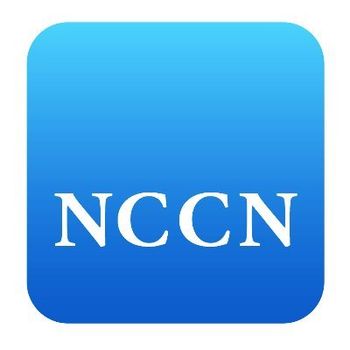
The update recommends that patients who receive CAR T-cell therapy wait 3 months before getting a COVID-19 vaccine.
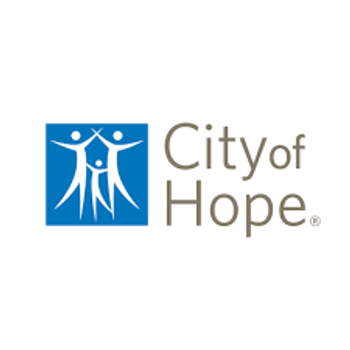
In preclinical studies, HDAC inhibitors have been shown to have immunomodulatory effects— including enhancing antigen presentation, recruiting T cells into tumors, and promoting T-cell function—when combined with PD-1 inhibitors.
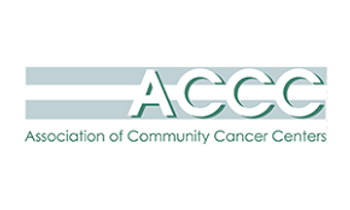
ACCC created a survey to better understand multidisciplinary cancer providers’ experiences with bispecific antibodies, with a focus on experiences with blinatumomab. Results of the survey were presented in an abstract during the 2021 American Society of Hematology Annual Meeting & Exposition.
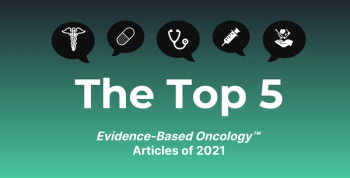
Articles on advances in immuno-oncology and non-small cell lung cancer were popular with readers in the past year.

Coverage from the Academy of Managed Care Pharmacy Nexus 2021 meeting, held in Denver, Colorado.
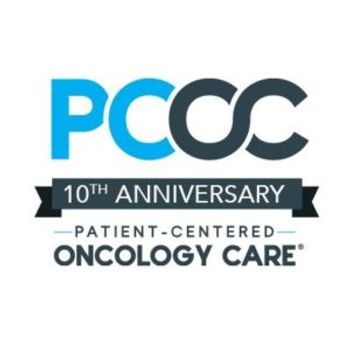
Duncan Allen, MHA, introduced the audience to the OneR clinical research initiative, and Jeffrey Patton, MD, discussed how the hospital transparency law has bolstered the case for the value of community oncology.

The murine study, which assessed the combination of foretinib and an anti–PD-1 antibody, found that the regimen enhanced antitumor activity, offering promise in a cancer that has seen less success with immunotherapies than others.

This study protocol comes amid a paradigm shift in the treatment of advanced-stagen non–small cell lung cancer (NSCLC) following the emergence and uptake of immunotherapy.

Survey responses from patients with advanced cancer revealed that there were gaps in knowledge across various aspects of immunotherapy treatment, including about side effects and curative potential.

Researchers found the 3 treatments—axicabtagene ciloleucel, tisagenlecleucel, and lisocabtagene maraleucel (liso-cel)—showed promising efficacy and safety results across histological types, although they noted a need for more real-world data to validate the efficacy of liso-cel.

The findings come from a pooled analysis of the ELIANA and ENSIGN trials, both of which led to the approval of tisagenlecleucel for these patients.
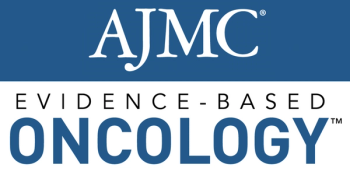
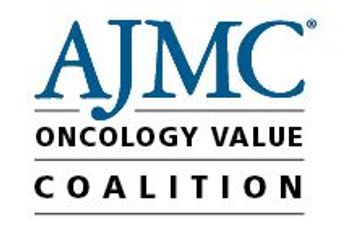

Recent research showed that patients with Medicaid are more likely than commercially insured patients to have worsened end-of-life experience and that Black patients with breast cancer fare worse than other ethnic groups when it comes COVID-19 outcomes.

In a preclinical study, researchers were able to show that their modified adeno-associated virus (AAV) vector safely delivered the chimeric antigen receptor (CAR) gene into the host cells and produced enough CAR T cells to cause effective tumor regression and elicit antitumor immunological characteristics in a mouse model of human T-cell leukemia.

The study, according to the researchers, is the first to demonstrate the potential use of major histocompatibility complex class II (MHC-II) expression as a predictor of immunotherapy response in these patients.

The Association of Community Cancer Centers’ (ACCC’s) annual survey on immuno-oncology (IO) therapies highlighted major concerns among health care providers regarding financial impacts, education, and access to clinical trial data.

Review findings outline the gut microbiome's potential impact on immunotherapy responses.
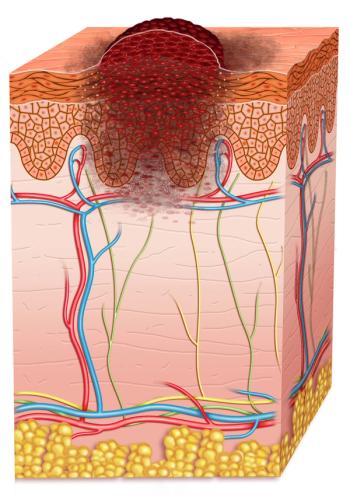
Compared with chemotherapy, patients receiving avelumab or another immunotherapy had higher response rates and higher rates of survival in locally advanced Merkel cell carcinoma (laMCC) and metastatic Merkel cell carcinoma (mMCC).

The researchers identified 3 immune subtypes of esophageal cancer (EC) among the samples, all of which had different prognostic implications.

259 Prospect Plains Rd, Bldg H
Cranbury, NJ 08512
© 2025 MJH Life Sciences®
All rights reserved.
